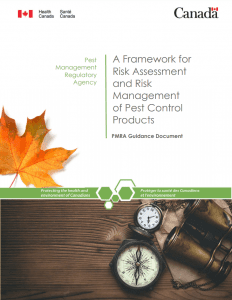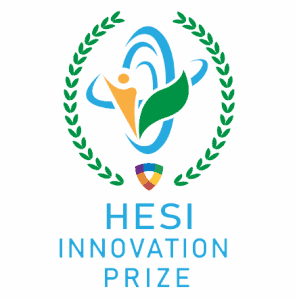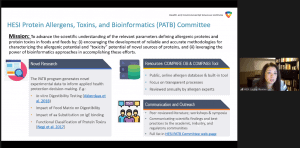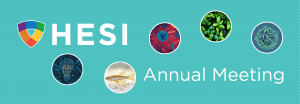RISK21 Committee Highlighted in PMRA Guidance Document and Top 25 Most Read Papers in Critical Reviews in Toxicology

Congratulations to the HESI RISK21 Committee whose approach was highlighted in the recent Health Canada Pest Management Regulatory Agency (PMRA) Guidance Document titled “A Framework for Risk Assessment and Risk Management of Pest Control Products.” In the guidance, the PMRA encourages the use of novel and flexible alternative approaches, such as the HESI RISK21 methodology and tools, to achieve the PMRA’s goal of using science-based risk assessment and risk management approaches to protect human and environmental health.
The inclusion of RISK21 in the PMRA Guidance Document demonstrates the practical value of this risk-based approach for contemporary applications and the impact of HESI science on the global scientific community. Click here to read the full report.
In honor of its 50th anniversary, Critical Reviews in Toxicology published a recent special editorial that lists two RISK21 publications among the journal’s top 25 most read papers:
- “A 21st Century Roadmap for Human Health Risk Assessment” (Pastoor et al. 2014;44 Suppl 3:1–5)
- “Risk Assessment in the 21st Century: Roadmap and Matrix” (Embry et al. 2014;44 Suppl 3:6–16).
Click here to read the editorial.









